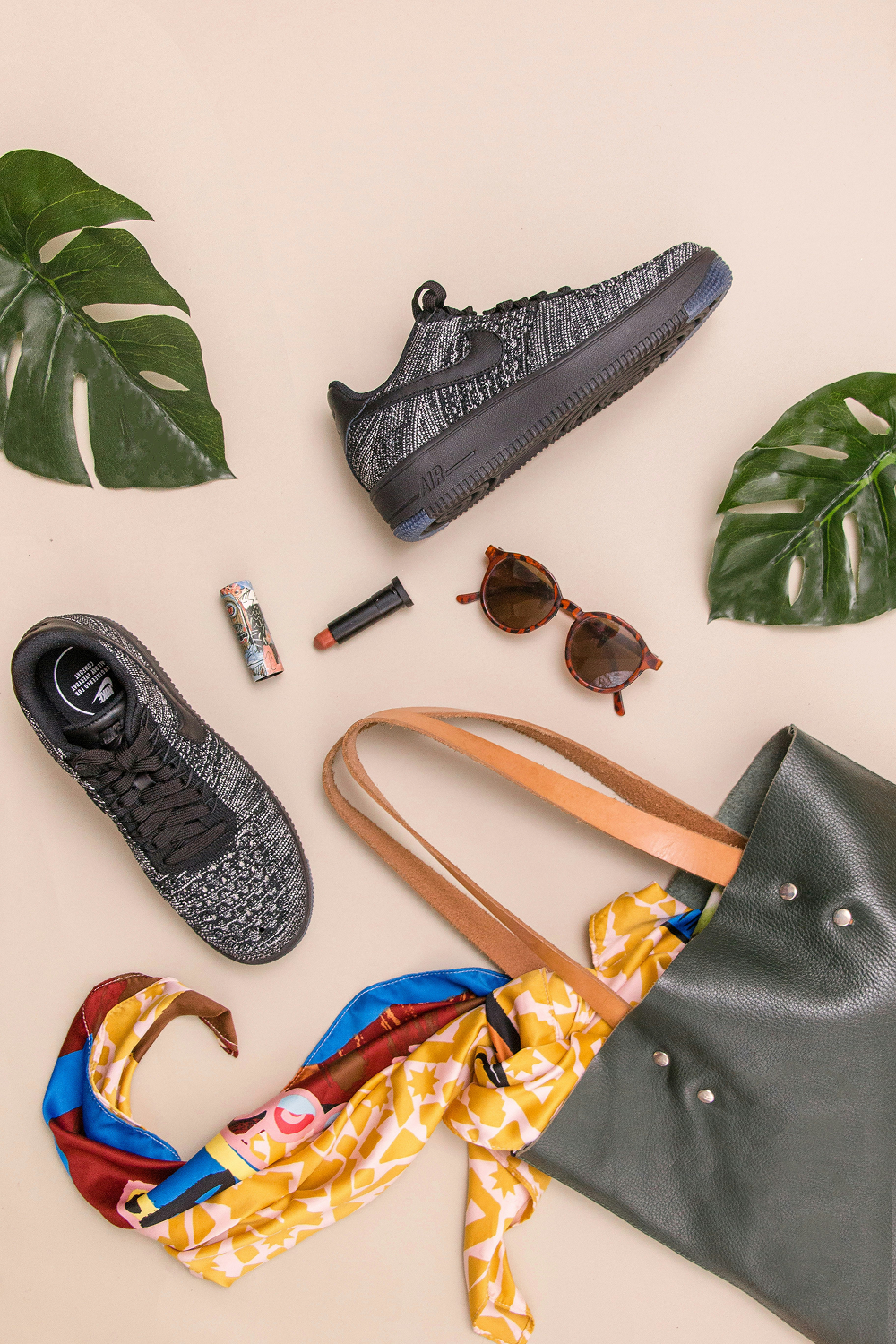
A spare charger for a phone you no longer own.
An old raincoat that hasn’t seen a storm in its best days.
A spare flashlight that lets out nothing more than a feeble glow.
You probably have a few such items tucked away safely in the dark corner of a cupboard or the back of a drawer. Deep down, you know they aren’t useful or necessary, but you struggle to shake off the “what-ifs”. Why is it so hard for us to deal with our “just-in-cases”?
What we own is a reflection of what we are. Our belongings speak volumes about us – they are a manifestation of our emotions, beliefs, and behaviours. Understanding why we choose to hold on is the first step in learning to let go. And the reasons, more often than not, go beyond simple practicality.
Our tendency to hold onto “just-in-cases” can often be traced back to our past experiences. Many of us grew up hearing things like “Don’t waste” or “You never know when you’ll need it”. These messages force us to adopt a scarcity mindset, making it hard for us to justify letting go of things. Add to this the emotional attachment you develop for items that once served you well – maybe a coat that felt like a warm hug in a new city – and letting go feels like erasing a past self. Having them around makes us feel comfortable and safe, so we cling to them.
‘Just-in-cases’ offer more than just the comfort of familiarity; they offer the comfort of possibility. A box of craft supplies that hold the promise of creativity. A pair of hiking boots that represent a future adventure. They are symbols of potential – what we might do, who we might become, what we might face. In this way, our clutter starts holding space for the versions of ourselves that we are not ready to let go of or haven’t yet become.
Sometimes we hold onto stuff because our brain lays little thinking traps that affect our decision making, what psychologists call ‘cognitive biases’. If you have ever held on to something only because you spent money, time, or emotional energy on it, know that it’s because of a conscious bias called sunk cost fallacy. It makes us overvalue an item that we have financially or emotionally invested in and thus feel guilty about getting rid of it even when it no longer serves us. This drives us to tag such items as a future “just-in-case” to escape feelings of being wasteful. At close quarters to this is the fear that once we get rid of something, we might regret it later. Having backups offer us a sense of control and agency in a world that feels unpredictable. And it’s only human to scurry into the arms of such comfort.
So how do we deal with ‘just in cases’? It takes effort, but the reward can be satisfying. Here are a few questions that can lead you to clarity:
1) “Am I surprised that I still have this item?”
If you didn’t know it existed, you probably don’t need it.
2) “When did I use it last? When am I planning to use it next?”
If you do not have clear cut answers to these questions, it’s likely not an essential.
3) “Why do I have it?”
Is it fear, guilt (remember the sunk cost fallacy!), or comfort? Courtney Carver from Be More With Less suggests completing a sentence like this one: “I am keeping this extra charger because…” Once you come up with a justification, it becomes easier to take a practical decision.
4) “Can this item be replaced for under $20 and within 20 minutes?”
If it is a yes, then you can let the item and the fear of needing it later, go.
5) “Will I miss it?”
The only way to find out is to box such items and store them away for a while. If it turns out to be an out of sight, out of mind situation, you will know you won’t miss it. (Do remember to revisit the box though!)
Decluttering is not about emptying out our lives, it is about feeling lighter. And any ‘just-in-cases’ that weigh you down don’t deserve your space or energy. Gently escort them out the front door of your life. And if you kept one thing today and released another, that’s still a win!
Further Reading
With the world setting up shop on the internet, you can have anything you want,…
I love holding on to things. Over the years, I have meticulously stuffed a little piece…
It was in July, earlier this year, that I finally gathered enough motivation to begin a…



